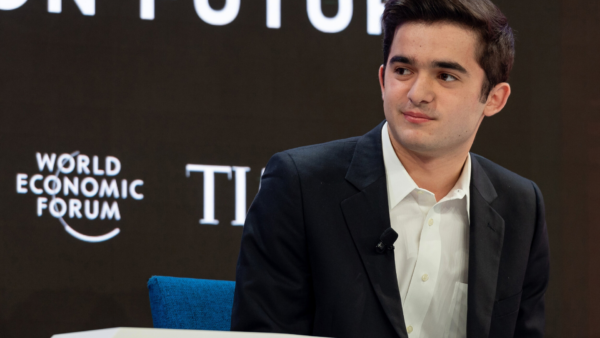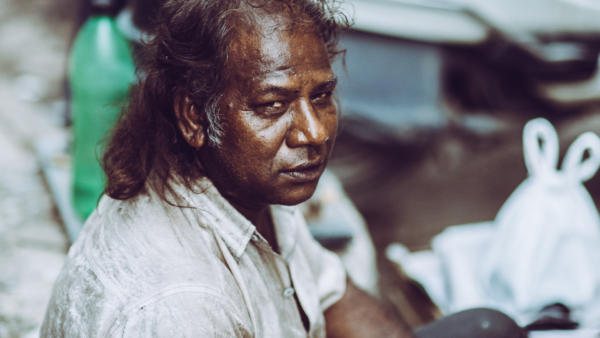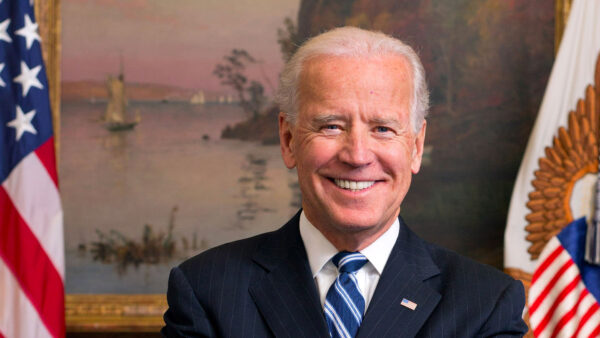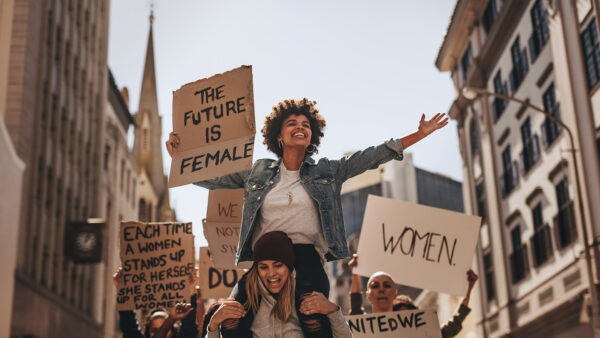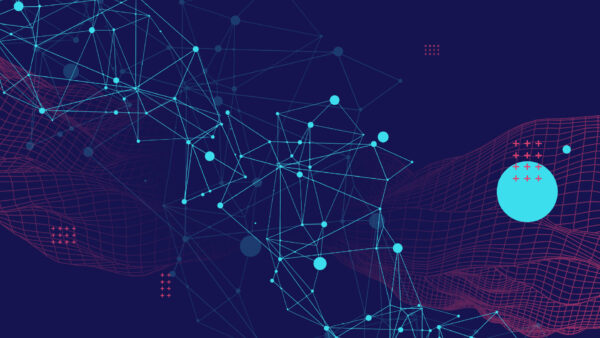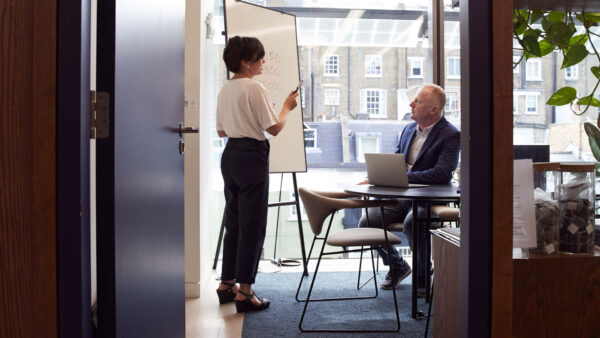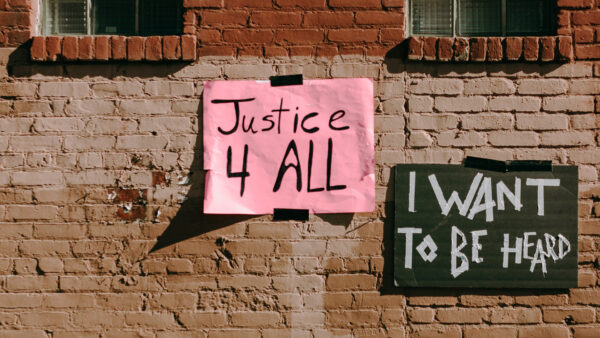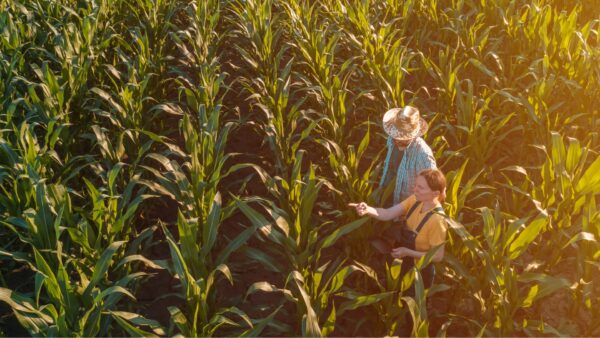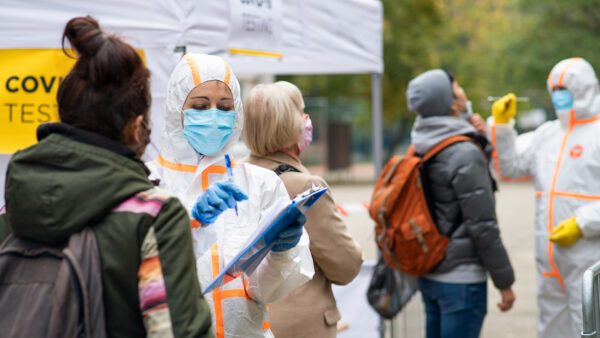European Space Agency launches its mission for greater diversity
As part of their first recruitment drive in 11 years, the European Space Agency (ESA) has announced that it is looking to recruit more females and people with disabilities to become astronauts which will see them join missions to the moon and beyond.
With applications opening in March, ESA is looking to fill several vacancies in its astro corps and is welcoming a diverse range of applicants to undergo its selection process which will last until October 2022. Traditionally, the recruitment process for an astronaut is one of the toughest in the world, with candidates having to meet a strict criterion. However, with the rapid development of technology since the turn of the century, and the status quo regularly being challenged, the new possibilities within the ESA are a testament to the changing times.
Spaceflight has always been male-dominated, with only 65 of the more than 560 people to have gone into space being women – with 51 of those 65 women being American. This imbalance shows the difficulties women face in such fields as opportunities are often limited regardless of their abilities.
The ESA has also not escaped criticism for its lack of diversity, with only one of its astronauts being female (Samantha Cristoforetti); while it has only one female senior director (Elodie Viau in telecoms).
Now, the ESA is determined to change this and welcome in a new era of recruits that reflect today’s changing attitudes, with females and “para-astronauts” at the forefront of this agenda.
To qualify, candidates must have a master’s degree (or higher) in a range of relevant subjects such as Natural Sciences, Medicine, Engineering, Mathematics, or Computer Sciences, or be qualified as an experimental test pilot. Fluency in English is also a requirement with a good understanding of a second language.
This move from ESA is a testament to its changing vision when it comes to space exploration. Technology has made the impossible seem possible and this has now allowed them to welcome new ideas, perspectives, and drives which had previously been unheard of. For many people with disabilities, they no longer need to feel that they are unable to achieve their dreams and their role in this new vision will be crucial as humans look to go beyond the moon and visit other planets in our solar system.
Now, with space flight enjoying a revival, Samantha Cristoforetti, has praised the move by saying how this has opened up incredible new opportunities. Speaking to the Guardian, Ms. Cristoforetti, said: “When it comes to space travel, we are all disabled…I think it’s a great opportunity … It will be an opportunity to learn a lot about yourselves.”


